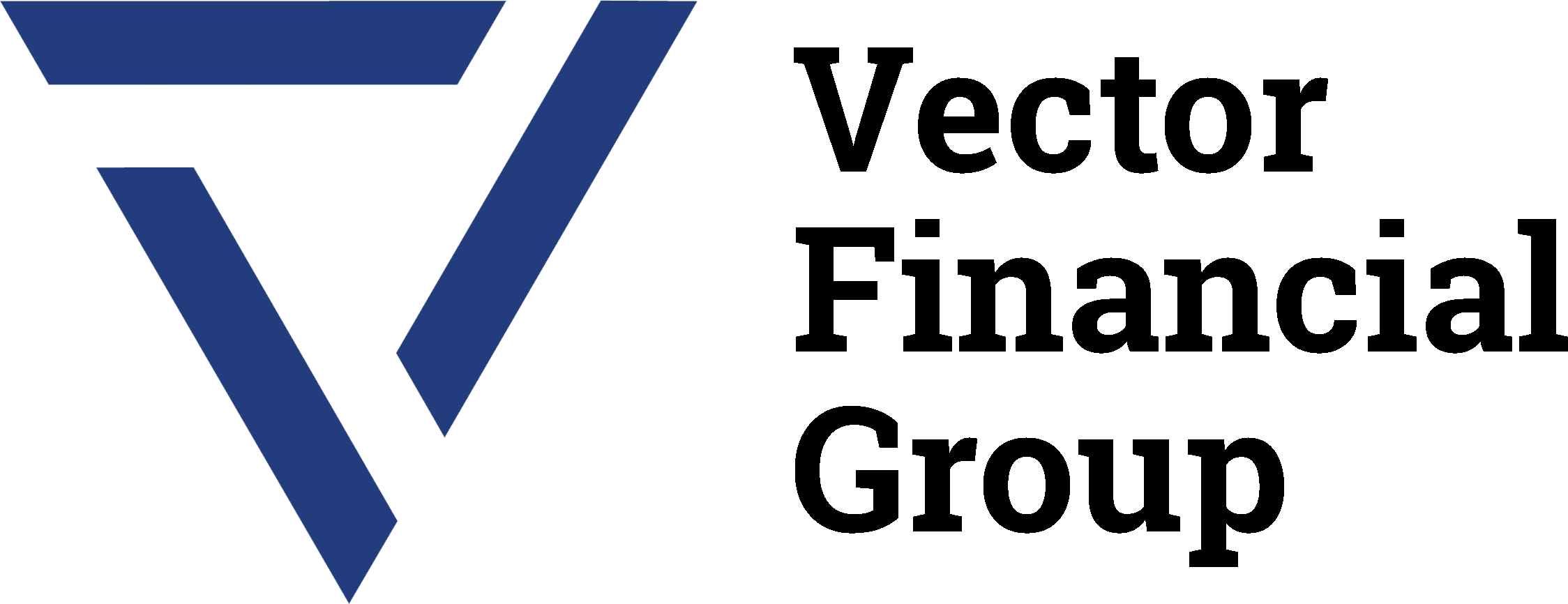Among the many types of life insurance available to consumers, Indexed Universal Life Insurance is one of the most controversial and misunderstood. Although it is a good option for many individuals, it is not suitable for everyone. Here is a look at what Indexed Universal Life Insurance is, along with its advantages and drawbacks.
What Is Indexed Universal Life Insurance?

Indexed universal life insurance, or IUL, is a type of insurance policy that enables people to build their wealth while leaving a death benefit behind for their loved ones. It works by placing a share of the policyholder’s premium payments toward their annual renewable term life insurance policy; the rest is added to the policy’s cash value after deducting a fee. This cash value will earn interest according to the movements in an equity index.
The Pros Of Indexed Universal Life Insurance
Here is a look at some of the main advantages of purchasing IUL as part of your financial plan.
Tax-Free Capital Gains
You will typically be subject to capital gains tax when you sell an investment or asset for a profit. However, in contrast with many other types of financial accounts that may tax withdrawals, policyholders will not be responsible for paying capital gains tax on the increase in their IUL cash policy over time. The only exception to this is seen in cases where a policyholder chooses to abandon their policy before it matures.
The tax-free benefit is also extended to loans the policyholder takes against its cash value. This makes it an attractive option for those who wish to have a ready source of cash they can borrow against when needed to avoid the penalties and taxes associated with early withdrawals from IRAs or 401(k)s.
More Flexibility
IUL is a very flexible option that allows policyholders to design a policy that meets their individual investment goals. For example, they can decide the amount of risk they are comfortable taking, adjust the amount of their death benefit, and choose riders to customize the policy. Some individuals may, for example, obtain a long-term care rider that would pay for their nursing home costs should they require that type of care in the future.
A Greater Potential For Returns

An IUL leverages call options to enjoy upside exposure to specific equity indexes without risking losses. This sets it apart from fixed universal life insurance or whole life insurance policy, which will come with a smaller interest rate that is not guaranteed in every case. Although the annual return seen on an IUL depends on the performance of its underlying index, the insurance company will still be able to provide a guaranteed minimum return on investment.
Death Benefits
Like other forms of life insurance, IUL can provide a death benefit to a policyholder’s loved ones that can be used to cover their burial and funeral expenses, fund their children’s higher education costs, cover outstanding debts such as mortgages, or address everyday living expenses. Moreover, this death benefit is passed onto the policyholder’s beneficiaries tax-free.
No Effect On Social Security
For many individuals, social security is an important income source in retirement. However, a few things can reduce your benefit amount, such as working while receiving benefits or taking them before reaching full retirement age.
The cash value that an IUL insurance policy accumulates doesn’t count toward these earnings thresholds nor any loan amounts that policyholders borrow. This means that a policyholder could take out a loan against their policy to supplement their social security benefits without impacting the amount of their social security benefit.
The Cons Of Indexed Universal Life Insurance
There are a few drawbacks to this approach for certain types of individuals that are worth keeping in mind.
There Are No Guarantees

Although whole life insurance policies have a guaranteed interest rate and predictable premiums, the same cannot be said for IUL policies. Their returns are based on an index, which means the premiums vary over time. This is not an inherently bad quality, but it does mean that this approach is best for policyholders who are comfortable riding out the different fluctuations that may be seen in returns. It is also necessary to budget for potentially higher premiums.
Limited Gains
Insurers may limit the increases in the cash value of an IUL. For example, they may set maximum participation rates below 100 percent; in some cases, they could be as low as 25 percent. The returns on equity indexes may also be capped at certain amounts in prosperous years. This can limit the rate of return credited to the account, regardless of the performance of the underlying index. Keeping a portion of these gains is how the insurer makes money. Policyholders need to consider their tolerance for risk before proceeding.
Discuss Your Objectives With Vector Financial Group
The experts at Vector Financial Group can help you find the best insurance for your goals and personalize policies to suit your needs. Contact us today to explore your options.


